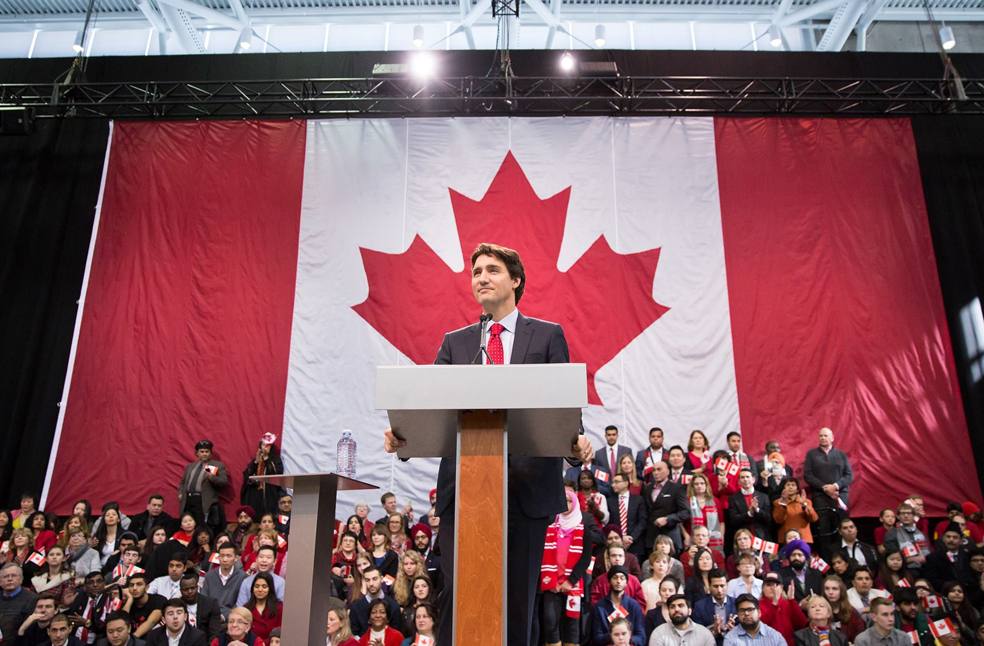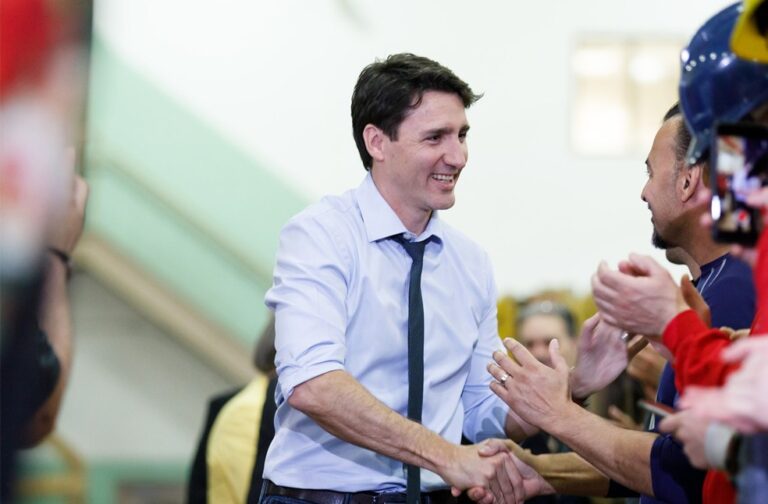Ottawa, Canada: Canadian Prime Minister Justin Trudeau has announced that he will step down after nine years in office, amid increasing pressure from within his own party.
Trudeau will remain in office until the Liberal Party selects a new leader, with Parliament prorogued until March 24.
During a press conference, Trudeau stated that he could no longer be the best option for the next election, citing the internal struggles within his party as a significant factor in his decision.
Trudeau added that, “This country deserves a real choice in the next election,” acknowledging that his personal unpopularity was affecting the party’s fortunes.
Trudeau shared his decision with his children before addressing the public and confirmed he would resign after the party’s selection process. The Liberal Party president, Sachit Mehra, stated that a meeting of the party’s board of directors would occur this week to begin selecting a new leader.
I will always fight for this country, and do what I believe is in the best interest of Canadians. pic.twitter.com/AE2nSsx5Nu
— Justin Trudeau (@JustinTrudeau) January 7, 2025
Trudeau’s resignation follows increasing calls for him to step down, particularly after the abrupt resignation of Deputy Prime Minister Chrystia Freeland in December, which further strained his leadership.
Freeland’s resignation letter criticized Trudeau for not doing enough in response to US President Elect Donald Trump’s threats of tariffs on Canadian goods. Trump had warned that Canada would face a 25% tax on imports unless the country took steps to increase border security.
Trudeau, 53, reflected on his leadership accomplishments, including the Canada Child Benefit and the creation of Dental care and Pharma care programs.
However, opposition leaders like Conservative Pierre Poilievre expressed scepticism about the future of the Liberal Party under a new leader, accusing the party of simply swapping leaders without changing policies.
Since 2019, the Liberals have governed as a minority party, and the loss of support from the New Democrats and Bloc Quebecois has weakened their position. The Conservatives have held a significant lead in the polls, suggesting the Liberals could face a substantial defeat if a general election were held today.

Now, with the need for a new leader to guide the party into the upcoming election, which must be held by October 20, the future of Trudeau’s legacy and the direction of the Liberal Party remains uncertain.
Trudeau’s Legacy
Justin Trudeau, son of former Canadian Prime Minister Pierre Trudeau, who shaped the nation’s politics in the 1970s and 1980s, has seen his own political journey come to an end. He became prime minister in 2015 after the Liberal Party secured a sweeping majority, promising a fresh, progressive era of “Sunny Ways.”
Throughout his tenure, Trudeau championed gender equality, maintaining a 50% female cabinet, and made strides in reconciliation with Indigenous peoples. His administration also introduced a national carbon tax, a tax-free child benefit for families, and legalized recreational cannabis.



